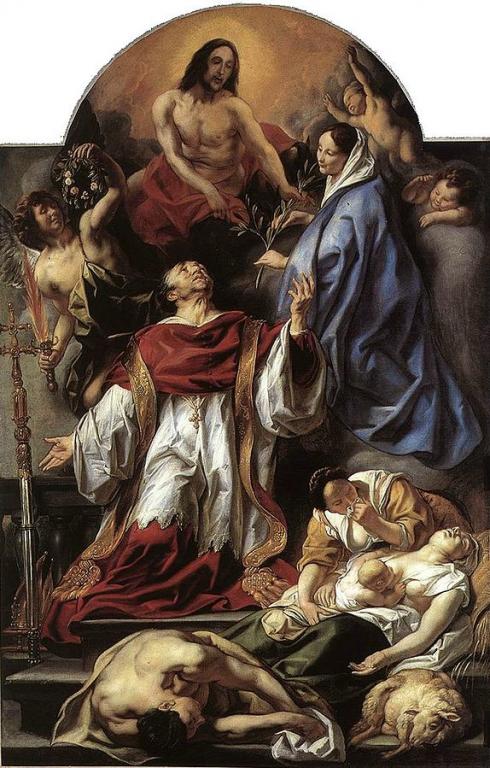
Dr. Gary Ferngren is Professor of History at Oregon State University. He is the author of Medicine and Religion: A Historical Introduction and Science and Religion: A Historical Introduction, both with John Hopkins University Press. His research focuses on the social history of ancient medicine, religion and ancient medicine, and the historical relationship of science to religion. In a recent interview with New Wine, New Wineskins, Prof. Ferngren asserts that people ask ultimate questions during times of crisis, as with the Coronavirus pandemic. What questions are you asking at this time? One of the questions may be: what’s the proper relation of faith to medicine? Another question may be: how will history judge the church’s response to the current health crisis? No doubt, other questions arise. In what follows, here are some additional musings. Watch the interview at the close of this post to reflect upon Prof. Ferngren’s answers to the following statements/questions:
Paul Louis Metzger (PLM): Prof. Ferngren, thank you for making time for this “New Wine Tastings” interview. I understand that Christianity Today reached out to you a few weeks ago for an interview and has interviewed you in the past. I would assume that because of the Coronavirus pandemic many people from various sectors are asking for your perspective concerning the interface of science, medicine, and religion. What are some of the questions people are asking you?
Gary Ferngren (GF):
PLM: Many people in our society perceive that science/medicine and religion are in conflict with one another. While there may be religious leaders who tend to dismiss science and medicine, even in terms of the Coronavirus pandemic, and scientific figures who dismiss religion, the Draper-White Conflict Thesis does not dominate the actual history of religion’s relation to science and medicine (For an analysis of the Draper-White Conflict Thesis, see this excellent video by the American Association for the Advancement of Science). Prof. Ferngren, could you please respond and provide a few examples?
GF:
PLM: I was struck by the interview you did with Christianity Today several years ago where you discussed the early church’s radical response to the health care crisis resulting from the Plague of Cyprian (Refer here as well to an article Dr. Fergnren wrote on this subject: “A New Era in Roman Healthcare: How the Early Church Transformed the Roman Empire’s Treatment of Its Sick”). Prof. Ferngren, could you please share briefly about the Roman government’s reaction to the horrific plague and the church’s very different response?
GF:
PLM: In my own study of church leaders engaging health crises in the past, I came across your quotation from Martin Luther in response to the Plague that devastated Europe and reached Wittenberg. At the time, his wife was pregnant. One might think Luther and his family would have abandoned the city for a secure setting, but they stayed. He also encouraged the magistrates to stay. And yet, he was not foolish. He spoke of the need to trust God while also trusting in the medical authorities and making use of the medical community’s precautionary measures of his day (Refer here to a blog post that includes the extensive quotation by Luther). Could you please share with our viewers the holistic response Luther provided to the crisis, including respecting science and trusting in God, as well as practicing social distancing where necessary and compassionate care for neighbors in need?
GF:
PLM: George Santayana famously claimed that if we don’t understand history, we will repeat its mistakes. I think we should also account for history’s successes: if we understand history, we will be better able to address crises in our day. We gain inspiration and insights from the faith, courage, and wisdom on display from Christians throughout church history, including during the Plague of Cyprian in 250 AD and Luther during the plague in 1527 AD. What are some practical takeaways for us today in terms of the constructive engagement of the faith and healthcare communities at various points of history?
GF:
PLM: Are there any closing thoughts you wish to share with our viewers?
GF:












